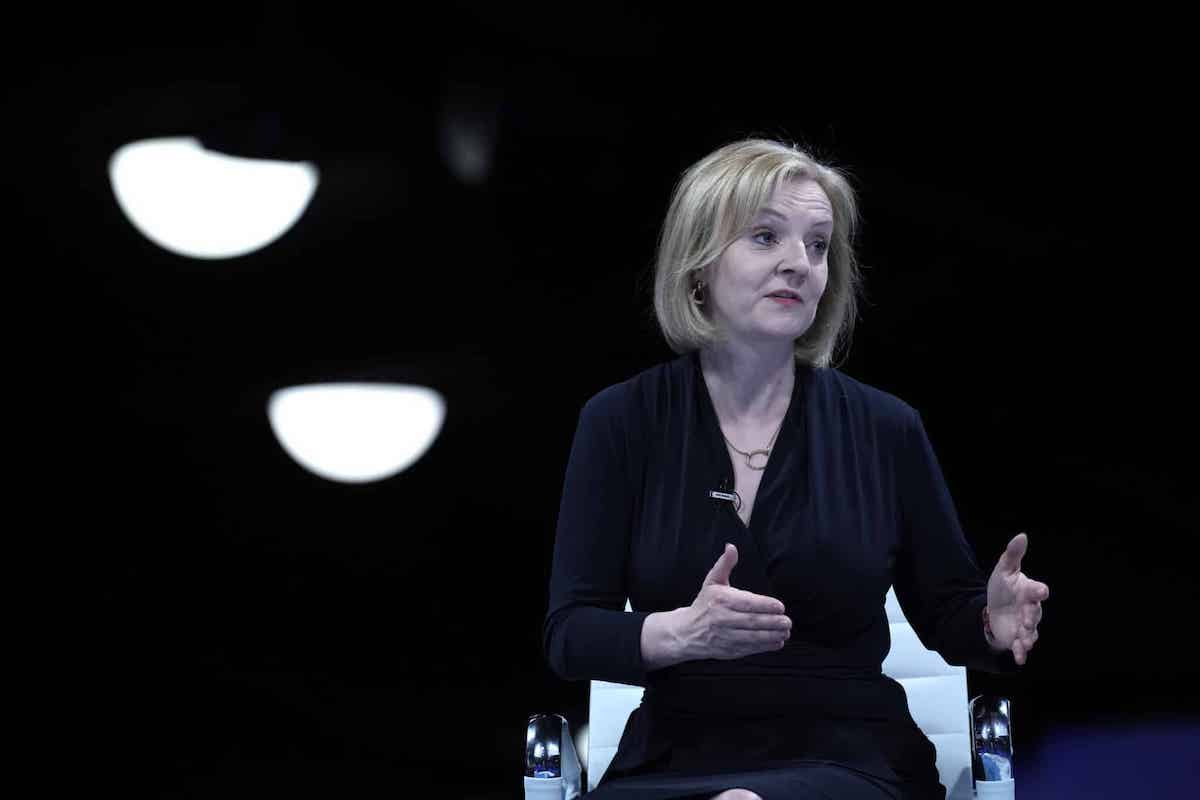Consumers need a minimum of £44,000 in savings to avoid having to make changes to their spending habits as a result of rising living costs, estimates from Hampshire Trust Bank have indicated.
The research from the bank found that over a quarter (28%) of respondents have not made any changes to their financial behaviour throughout the pandemic.
Instead, this group relies on an average savings pot of £43,528 – a figure significantly higher than the average savings of all respondents at £39,883, and substantially more than the majority of the UK population.
With just under a quarter (24%) of respondents indicating they would need more than £100,000, and a further 11% indicating they needed £50,001 to £100,000, Hampshire Trust Bank stated that savers are now depending on having “substantial financial reserves” as the cost of living rises.
The bank also said its study shows that much of the UK now has concerns about the rising living costs, with seven in 10 (70%) stating that rising utility costs is among their biggest concerns. Similarly, over half (53%) stated that the rising cost of fuel is high on their list of worries, while a similar proportion (51%) noted the same about food and drink.
Managing director, savings at Hampshire Trust Bank, Stuart Hulme, commented: “Although wealthier savers haven’t yet felt the need to radically change their spending habits, our research tells us they are becoming more concerned about the cost of living crisis.
“With no easy solution to the current crisis in sight, those who we refer to as being the ‘squeezed middle’ are likely to grow in number, and will include more affluent savers who traditionally held more savings in the bank.”
Hulme added: “Whilst this more affluent group has taken a little longer to start feeling these impact, our research shows they are indeed starting to be concerned about the impact of rising costs – especially as with the rest of us the impact of climbing utility bills and fuel costs.
“This growing group of savers will need to assess the liquidity of their assets and work out the best balance of short and long-term in their savings and investment portfolios to be prepared for what looks set to be a prolonged period of inflationary pressure and associated rising costs.”
Latest News
-
Average UK house price surpasses £300k – Halifax
-
Bank of England holds base rate at 3.75%
-
Mortgage Advice Bureau acquires Dashly
-
Bridging loans fall to lowest average completion time in eight years
-
Regulators announce first six firms to join ‘Scale-Up Unit’
-
House prices recover month-on-month in January – Nationwide
Perenna and the long-term fixed mortgage market

Content editor, Dan McGrath, spoke to head of product, proposition and distribution at Perenna, John Davison, to explore the long-term fixed mortgage market, the role that Perenna plays in this sector and the impact of the recent Autumn Budget
The role of the bridging market and technology usage in the industry
Content editor, Dan McGrath, sat down with chief operating officer at Black & White Bridging, Damien Druce, and head of development finance at Empire Global Finance, Pete Williams, to explore the role of the bridging sector, the role of AI across the industry and how the property market has fared in the Labour Government’s first year in office.
NEW BUILD IN FOCUS - NEW EPISODE OF THE MORTGAGE INSIDER PODCAST, OUT NOW

Figures from the National House-Building Council saw Q1 2025 register a 36% increase in new homes built across the UK compared with the same period last year, representing a striking development for the first-time buyer market. But with the higher cost of building, ongoing planning challenges and new and changing regulations, how sustainable is this growth? And what does it mean for brokers?
Does the North-South divide still exist in the UK housing market?

What do the most expensive parts of the country reveal about shifting demand? And why is the Manchester housing market now outperforming many southern counterparts?
In this episode of the Barclays Mortgage Insider Podcast, host Phil Spencer is joined by Lucian Cook, Head of Research at Savills, and Ross Jones, founder of Home Financial and Evolve Commercial Finance, to explore how regional trends are redefining the UK housing, mortgage and buy-to-let markets.
In this episode of the Barclays Mortgage Insider Podcast, host Phil Spencer is joined by Lucian Cook, Head of Research at Savills, and Ross Jones, founder of Home Financial and Evolve Commercial Finance, to explore how regional trends are redefining the UK housing, mortgage and buy-to-let markets.
© 2019 Perspective Publishing Privacy & Cookies










Recent Stories